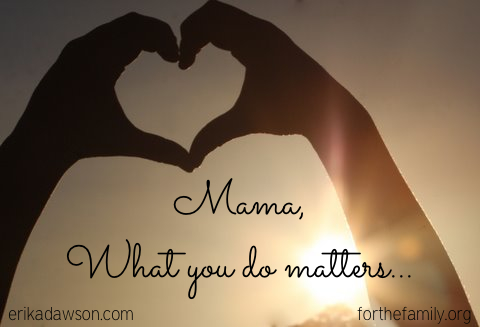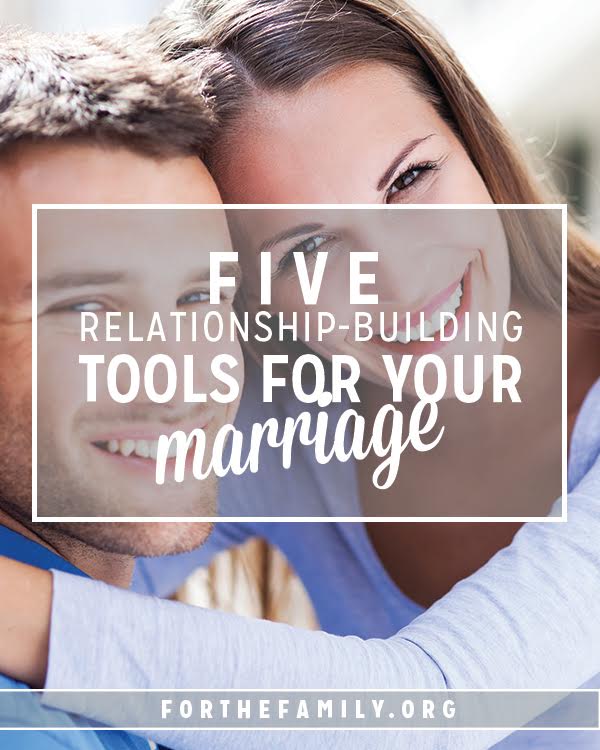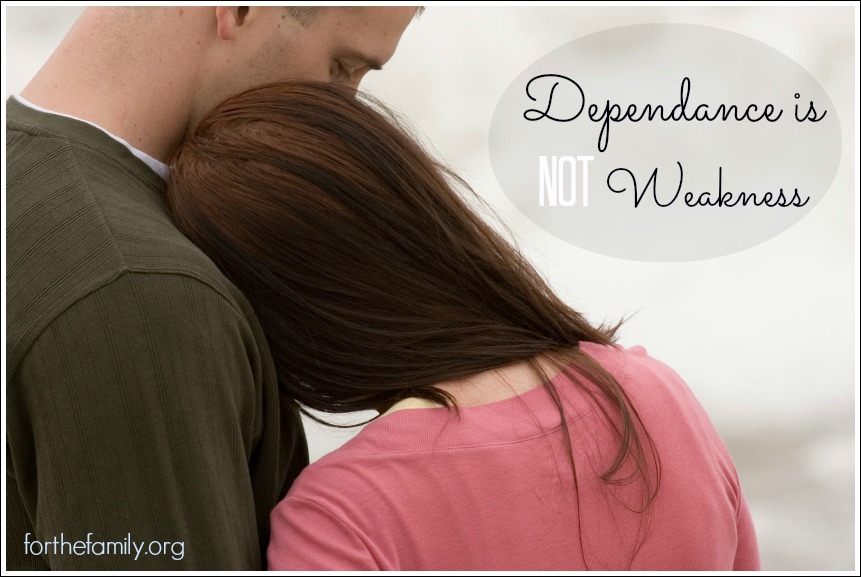5 Helps for Transitional Seasons of Parenting
I was talking with moms struggling with the early stages of parenting. Their feelings of insecurity, emotionality, and vulnerability sounded too familiar to me. It mirrored my own struggle as a mom in the fledgling stage of life as my youngest is ready to graduate. Both stages are big transitional stages of parenting and are filled with unpredictability, awkwardness, and loss.
Parenting might feel like one big season of insecurity, emotions, and vulnerability, but it’s not. Each stage brings confidence once you get used to the rhythm. But transitional stages sneak up on you and don’t have big red flags saying: Change is happening, this is what to expect!
Instead, the changes are subtle. As a mom of four who are all three years apart, there were seasons where each of my kids were at transitional phases of life, but I didn’t necessarily notice it. I was teaching child development to high school freshmen when my youngest turned three. I didn’t think about it much because I had a pre-teen I was also parenting. When I told my students it was his birthday, I started crying. I realized the years of “Littles” was coming to an end. I’ve similarly cried when other seasons of parenting have ended.
I wonder if you have, too.
 No matter where you are in your family life, here are five principles about the growing pains of parenting transitions:
No matter where you are in your family life, here are five principles about the growing pains of parenting transitions:
- Transitions feel hard, strange, or awkward until you get used to the new normal. It’s true of each stage from preschoolers to elementary age kids, teens, or young adults.
- There is loss in transition, so allow yourself to grieve. I’ve grieved at many milestone stages. It’s okay to cry. Give yourself the grace to grieve losses, especially as your children leave childhood behind or are leaving the nest.
- Find joy and peace where you are. Emotions can overwhelm you when you feel challenged or lack confidence in your parenting. But really, so much of parenting happens when we are unsure of what we’re doing. Do the best you can, finding joy in the stage where you and your children are. This is your life now. Don’t miss it by looking back or wanting to move your kids on to the next stage.
- Love your kids where they are. Your kids feel as unsure and vulnerable as you do, especially in the tween and early teen years. Their emotions are all over the place. They feel awkward. Messages they receive from social media and peers probably validate their worst fears about themselves. Their security comes from unconditional love in their awkwardness and unpredictability. Even though they may drive you crazy, just meet them where they are.
- Grow with your child as they grow and change. Enabling, entitlement, codependency, and enmeshment happen when parents fail to help their children grow and fail to let them go. God calls us to fledge our kids. Fledge is an archery term of putting feathers on an arrow. God’s word gives the same command, “Like arrows in the hands of warriors, are kids born of one’s youth” (Psalm 127:4). It takes strength and determination to release your kids into God’s care.
Healthy transitions provide growth opportunities for the next stage of family life for both you and your kids. It also takes a conscious effort to do it well. Give yourself grace, space, and a commitment to grow with your family throughout each stage.
What challenges do you have in your stage of parenting? We’d love to hear from you!
Brenda L. Yoder, LMHC brendayoder.com






